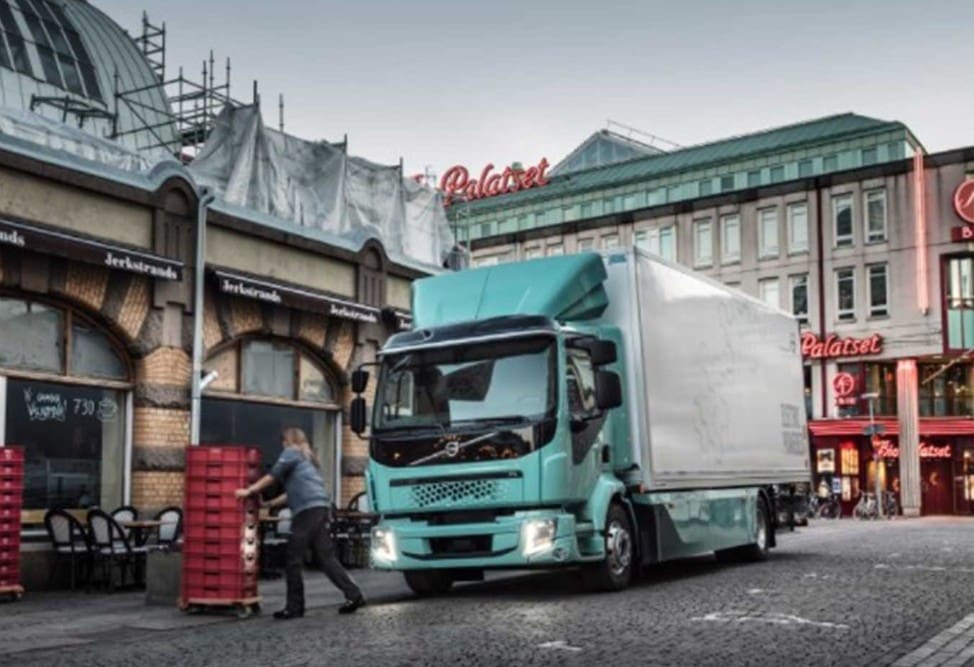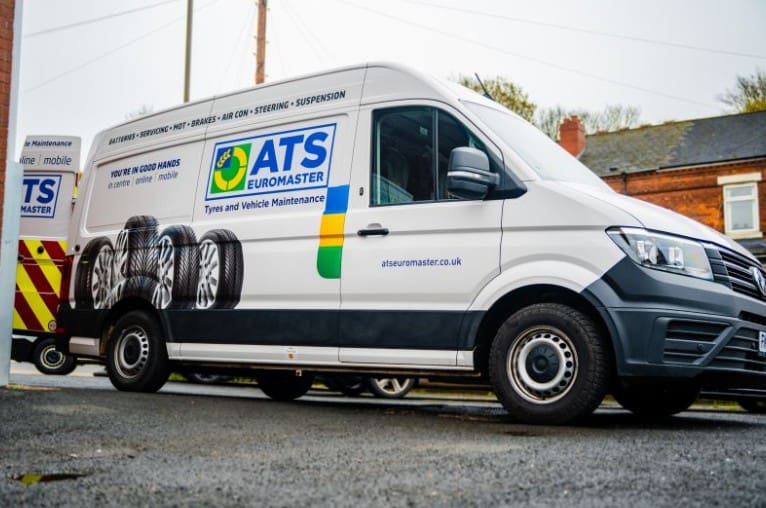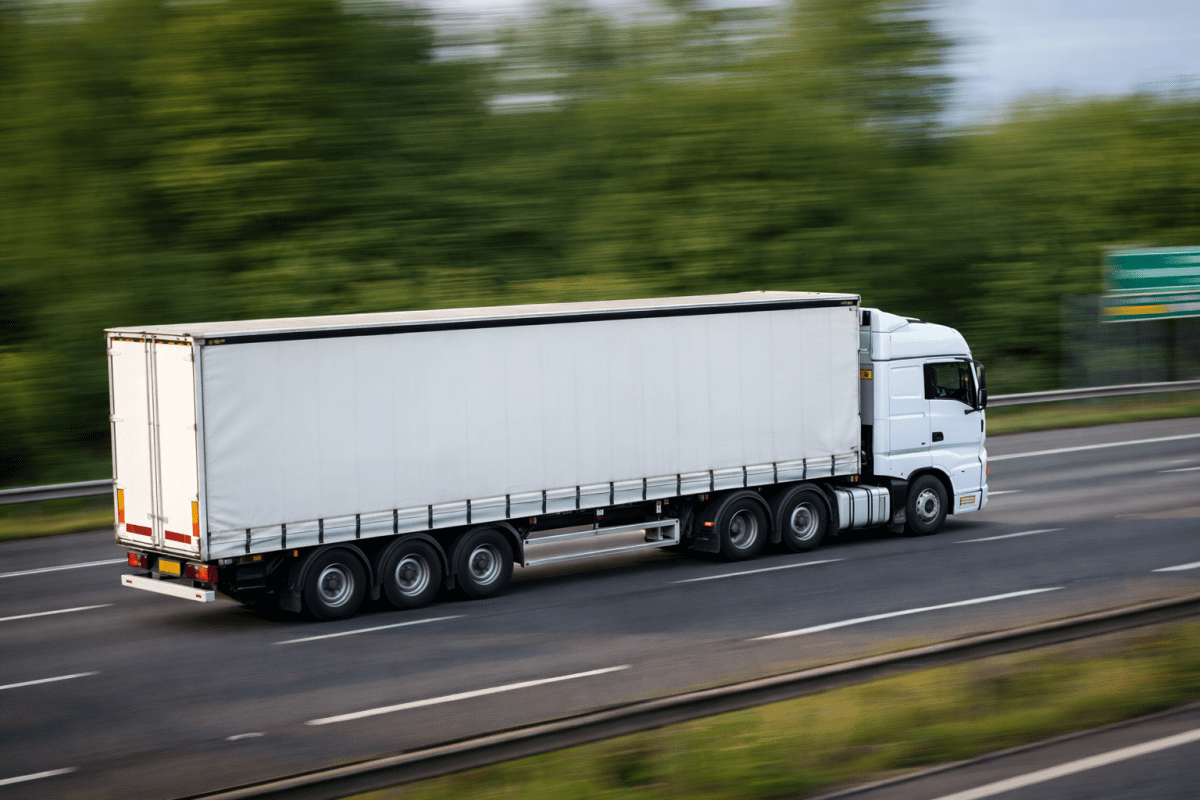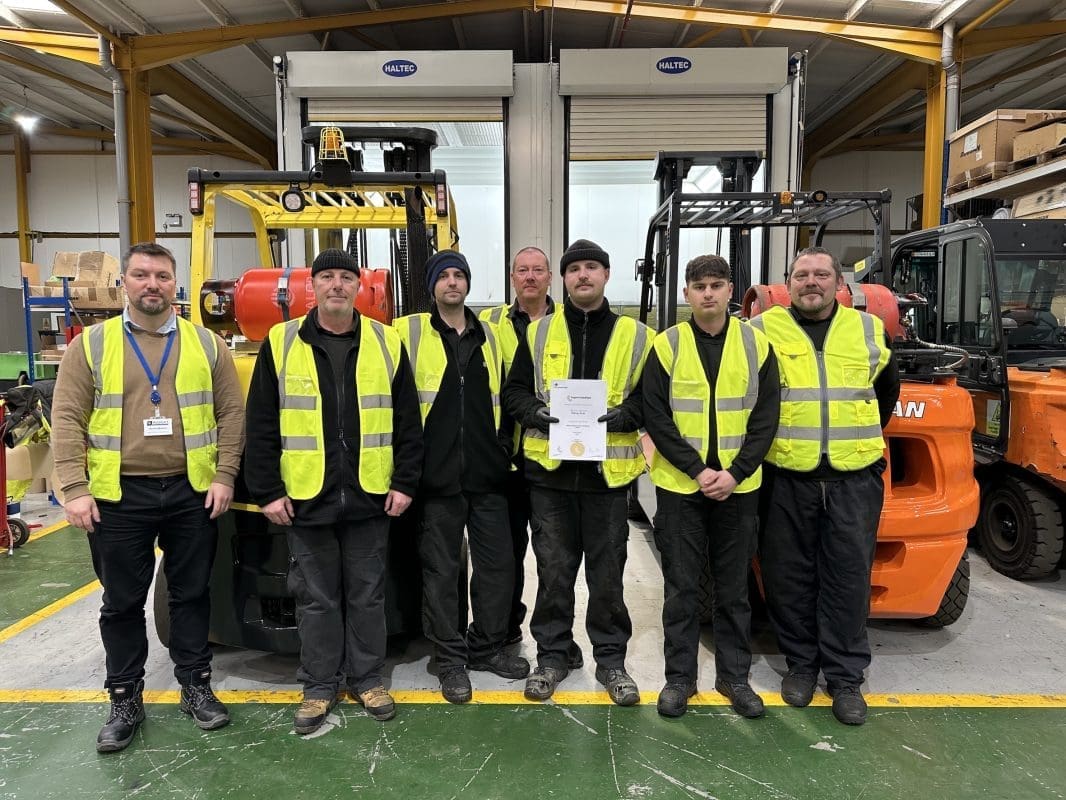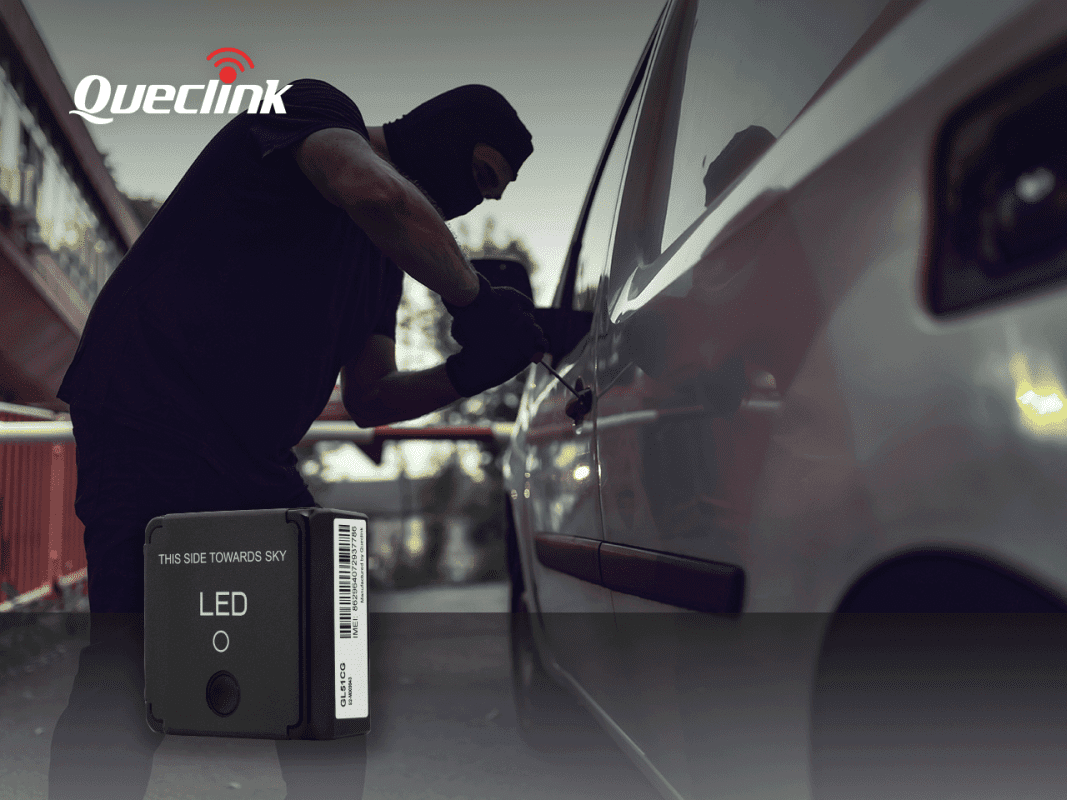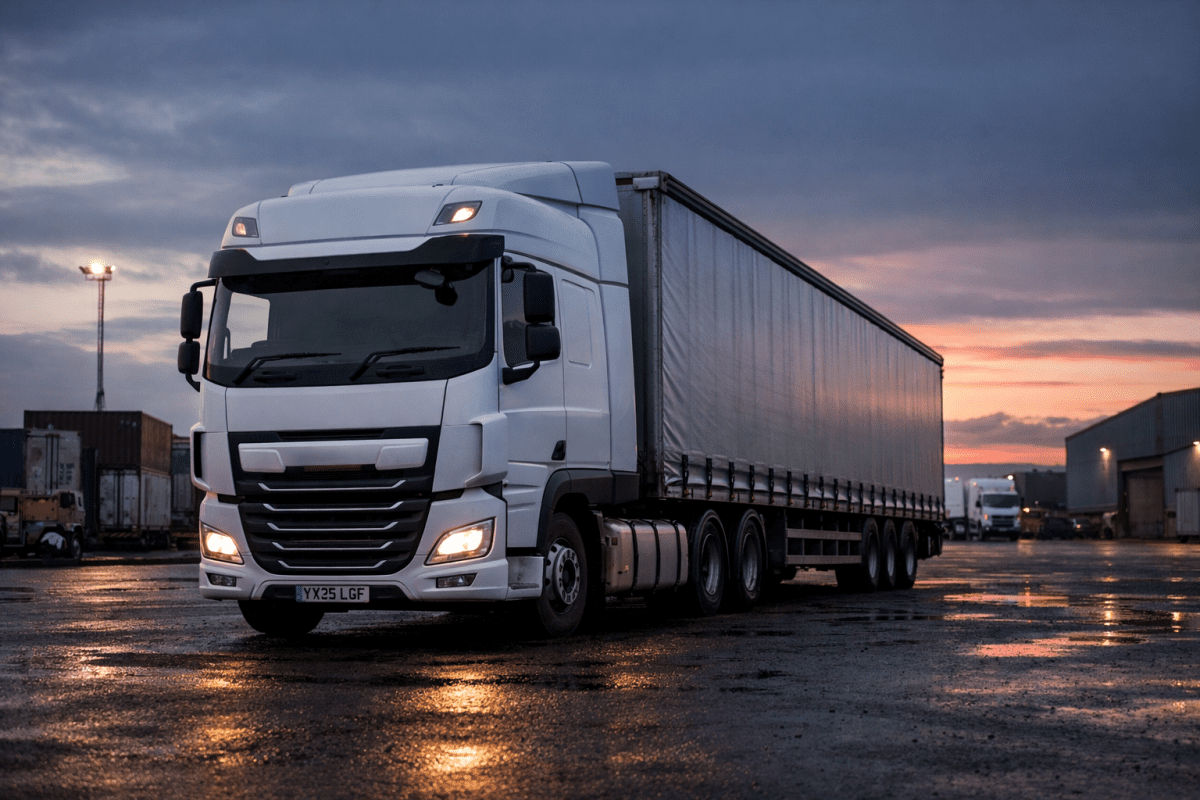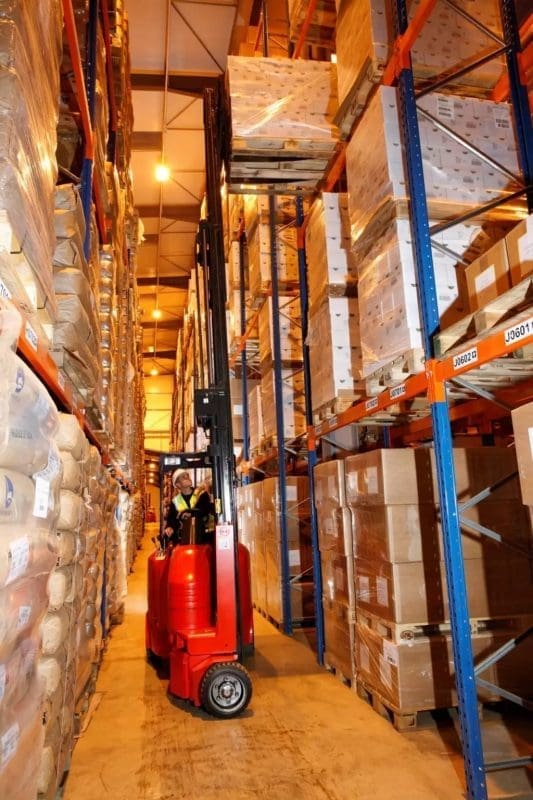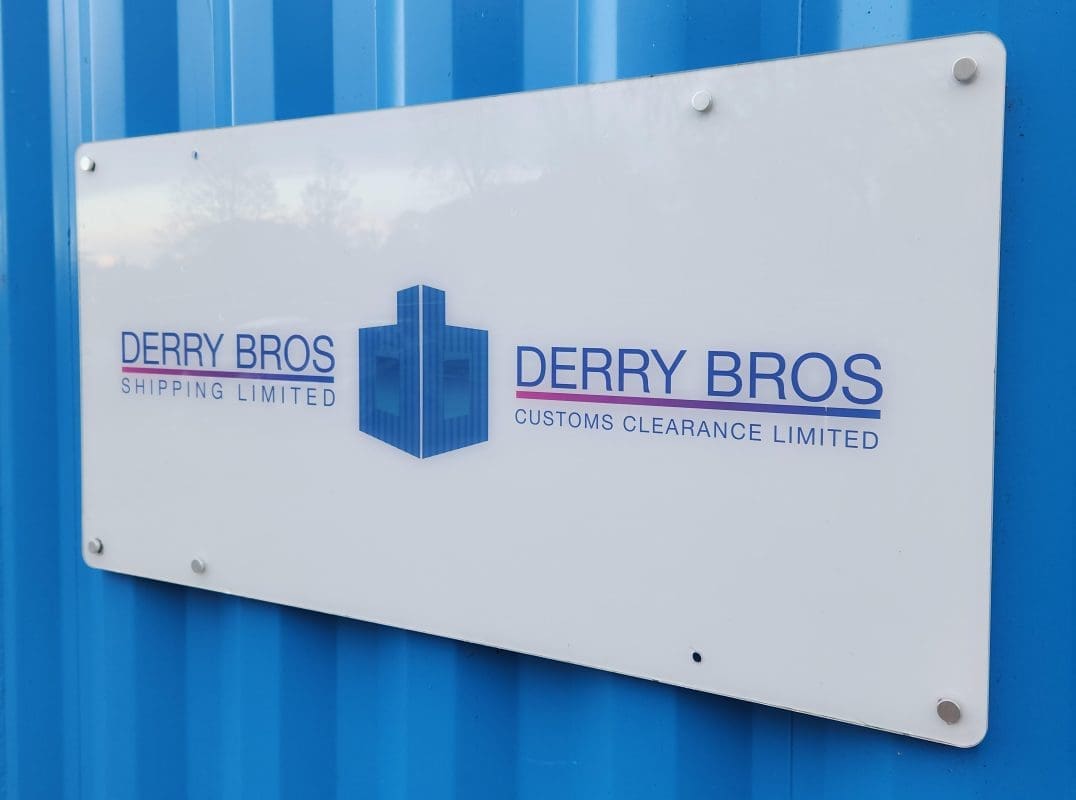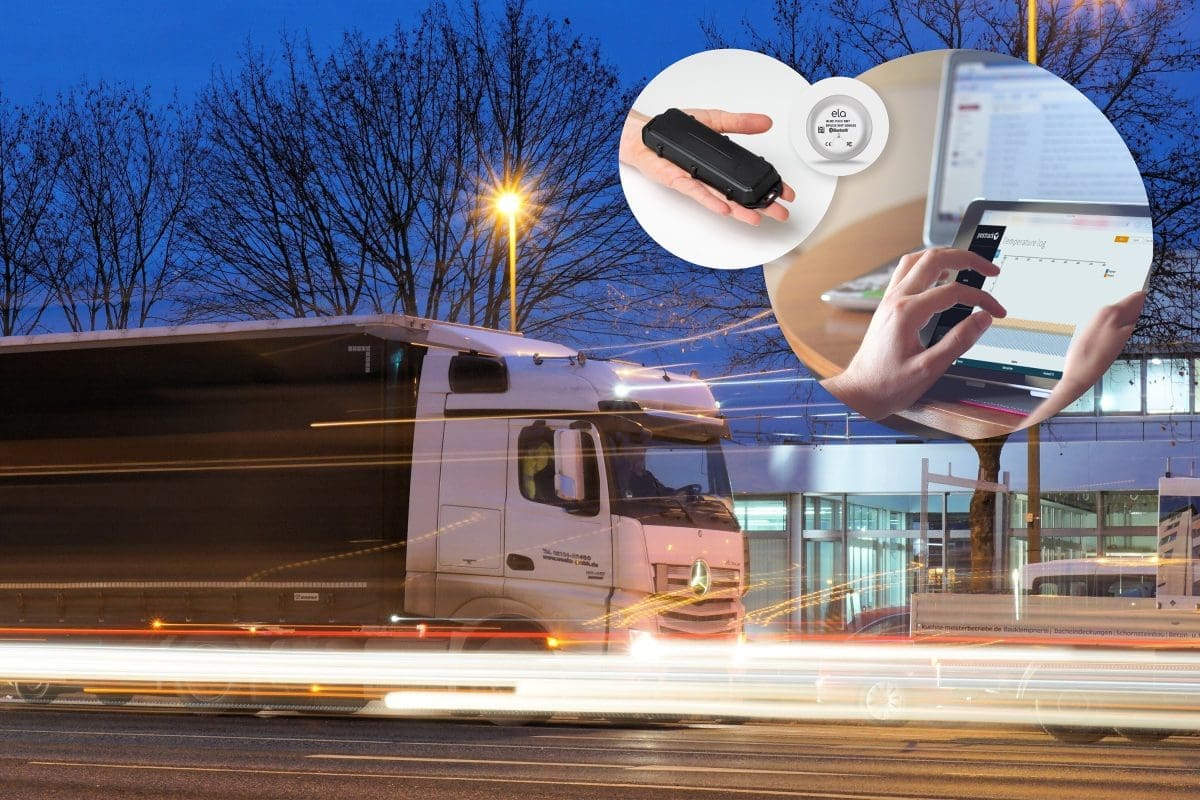- Shop All Documents + Bundles
- FORS V7.1 Document Bundle | Bronze (15 Policies)
- Transport Manager Compliance Pack (10 Policies)
- Transport Manager Compliance Pack (6 Policies)
- Health & Safety Policy Template
- Fuel, Emissions And Air Policy Template
- Operational Security Policy Template
- Serviceability And Roadworthiness Policy Template
- Road Traffic Collision Policy Template
- Counter Terrorism Policy Template
- Load Safety Policy Template
- Vehicle Routing And Scheduling Policy Template
- Driving Standards Policy Template
- Driving Hours Policy Template
- In Cab Technology Policy Template
- Passenger Safety Policy Template
- Complaints And Grievances Policy Template
- Drug And Alcohol Management Policy Template
- Hazard And Risk Identification Policy Template
- VOR (Vehicle Off Road) Policy Template
- Tyre + Wheel Policy Template
- Health & Eyesight Policy Template
- Transport Infringement Policy Template
- Walk Around Check (Defect Check) Tool Box Talk Template
- Transport Manager CV Template
- Social Media Policy Template
- Transport Manager Contract Template
- External Transport Manager Contract Template
- Driver Handbook
Blockchain Technology Revolutionising Supply Chain Management in the Haulage Industry

Transparency, security, and efficiency drive the integration of blockchain in logistics operations
In a significant development poised to reshape the haulage industry, blockchain technology is making headlines as companies recognise its potential to revolutionise supply chain management. This cutting-edge decentralised ledger system is garnering attention for its ability to enhance transparency, security, and efficiency, addressing long-standing challenges in logistics operations.
Blockchain, originally known as the underlying technology behind cryptocurrencies like Bitcoin, has evolved far beyond its initial use case. Its inherent characteristics of immutability, transparency, and decentralisation are now being harnessed to streamline and optimize the complex processes of the haulage industry. By creating a digital ledger that records every transaction or event in a supply chain, blockchain provides a shared, tamper-proof source of truth accessible to all stakeholders involved, from manufacturers and distributors to carriers and end consumers.
One of the primary benefits of blockchain in the haulage sector is improved transparency. Traditionally, supply chain participants have struggled with limited visibility into the movement of goods and the verification of their authenticity. With blockchain, each step in the logistics process is recorded as a block, creating an auditable trail of events. This transparency enables companies to track and trace goods in real-time, enhancing accountability, reducing the risk of fraud or counterfeit products, and facilitating prompt resolution of any issues that may arise during transportation.
Moreover, the enhanced security offered by blockchain technology is a significant advantage for the haulage industry. As data is stored in a decentralised and encrypted manner across multiple nodes, it becomes nearly impossible for malicious actors to manipulate or tamper with records. This robust security framework inspires trust among supply chain participants, mitigating the risk of data breaches, unauthorised access, or data manipulation. By leveraging blockchain, the haulage industry can safeguard sensitive information, including invoices, contracts, customs documentation, and compliance records, fostering a more secure and reliable ecosystem.
Efficiency gains are another driving force behind the integration of blockchain in logistics operations. The decentralised nature of blockchain eliminates the need for intermediaries, such as third-party auditors or brokers, reducing administrative burdens and costs. Smart contracts, self-executing agreements encoded on the blockchain, automate key aspects of supply chain processes, such as payment settlements, customs clearance, and document verification. This automation accelerates transaction times, streamlines workflows, and minimises manual errors, ultimately improving operational efficiency and reducing delays.
Pioneering companies in the haulage industry have already begun exploring blockchain applications. Collaborative initiatives are underway to develop industry-wide blockchain platforms that connect disparate systems and enable seamless data sharing. These platforms facilitate secure and instantaneous exchange of information, allowing participants to gain real-time insights, make informed decisions, and optimize their operations. The use of blockchain also enables easier collaboration and trust-building among supply chain partners, fostering stronger relationships and enabling more efficient coordination.
As the haulage industry embraces blockchain technology, it holds the promise of a more transparent, secure, and efficient supply chain ecosystem. The integration of blockchain will not only revolutionise logistics operations but also reshape global trade, bolstering consumer confidence, reducing friction in cross-border transactions, and unlocking new opportunities for growth and innovation. With its potential to address long-standing challenges, blockchain stands at the forefront of technological advancements that are propelling the haulage industry into an era of unprecedented connectivity and efficiency.

